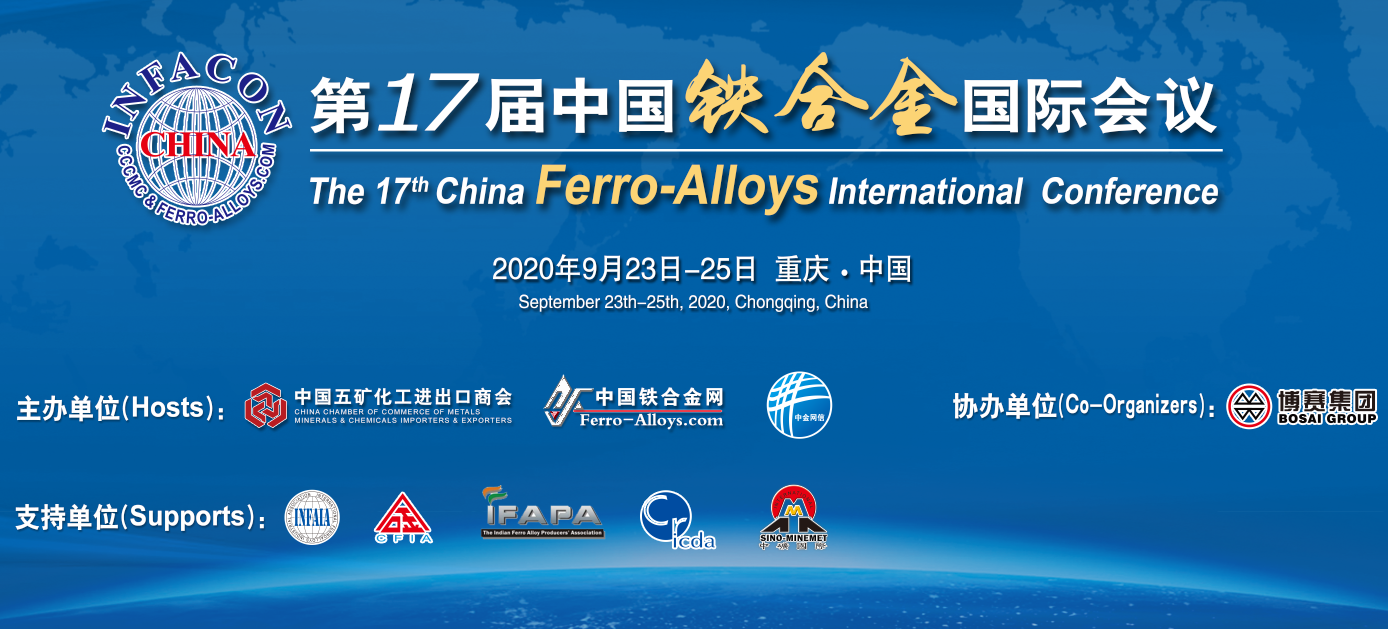[Ferro-Alloys.com] The Polish government and mining trade unions failed to agree on a plan to overhaul the country's thermal coal sector, which faces financial collapse because of huge stocks and weak power-sector demand.
The government was unable to formally propose its provisional plan to downsize Poland's largest producer state-owned Polska Grupa Gornicza (PGG), because of fierce opposition from trade unions during a tense meeting in Katowice, union representatives said.
According to leaked reports — confirmed by unions — PGG and the government wanted to propose shutting two of the producer's eight thermal coal mines and one of three operated by utility Tauron, in a bid to cut costs. Such a plan would reduce PGG's capacity by around 20pc or 5mn t/yr and cut Tauron's capacity by around a third or 1.5mn t/yr. The proposals also include wage and benefits cuts, but offer PGG and redundant miners access to Polish and EU support funds.
But the strong opposition led to Warsaw and PGG officials agreeing to continue dialogue with unions before presenting a reform proposal by the end of September, the government said.
PGG said yesterday that an overhaul plan is essential if the financially ailing company is to survive the demand slump brought on by Covid-19.
The firm produced around 28mn t of thermal coal last year, but is struggling with high stocks and low demand. Polish mines had 6.6mn t of unsold thermal coal stockpiled at the end of May — despite a significant output reduction since April — only 200,000t lower than the five-year high recorded in April. And Poland's coal-fired electricity generation slumped by 13.5pc on the year to 33.8TWh in the first half of 2020.
The country has largely ceased thermal coal exports because of low prices and weak demand elsewhere in Europe. Producer Weglokoks' exports fell by 75pc on the year to just 89,000t in the first half of the year — all inland.
Poland's coal imports also fell sharply, even though low international prices have made seaborne supply increasingly competitive against domestic supply. Arrivals fell by 40pc on the year to 3.4mn t in January-May. Russian imports dropped by 45pc, but Colombian was less affected, declining by only 12pc to 430,000t, according to Katowice-based ARP, which monitors imports for the Polish government.
Imports in January-May through the country's largest port, Gdansk, fell by 25pc on the year to 2.1mn t, including coking coal, according to port data. Imports via Gdynia fell to around 220,000t and receipts at Szczecin-Swinoujscie in the northwest were down by 60pc at 460,000t.
Demand has held up better for imported coal than for domestic supply, because of the potential to procure grades with higher heat content and sized coal, consumption of which has been more resilient than coal fines in the power sector.
Some importers have procured 20,000t cargoes of high-calorific value (CV) coal — sometimes as high as NAR 6,900 kcal/kg — which is popular for blending with lower-CV domestic grades available from stocks, according to a source at Szczecin port.
Source: Argusmedia
*********************************
Welcome to
The 8th Electrolytic Manganese Metal International Conference
August 19-21, 2020 Ningxia, Yinchuan
The 17th China Ferro-Alloys International Conference
September 23-25 Chongqing, China


Copyright © 2013 Ferro-Alloys.Com. All Rights Reserved. Without permission, any unit and individual shall not copy or reprint!
- [Editor:kangmingfei]



 Save
Save Print
Print Daily News
Daily News Research
Research Magazine
Magazine Company Database
Company Database Customized Database
Customized Database Conferences
Conferences Advertisement
Advertisement Trade
Trade















Tell Us What You Think